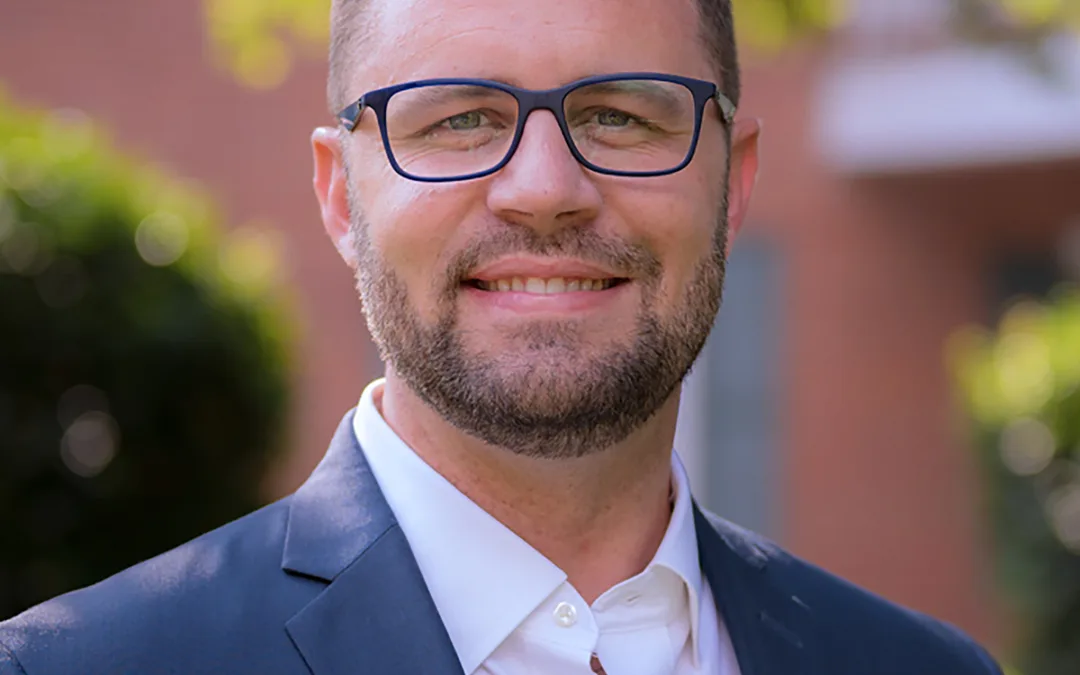
Sharing Jesus Through Servanthood
Servanthood shapes our lives in a vast number of ways. We serve others when we help meet their physical needs. We serve others when we teach them or offer guidance. We serve others when we feed them, care for them medically, or provide them with comfort. Servanthood shows up in big acts of kindness such as these, but it also shows up in small ways with the people who are the closest to us.
I serve my children, for example, when I take extra time to help them with a homework problem. I serve my wife when I offer to cook dinner, do the dishes, fix the car, build a set of bookshelves, or simply lay down my desires for what is in her best interests. Servanthood manifests itself in an almost endless number of ways. Therefore, a chapter that focuses on what a servant does could be longer than anyone would care to read. Suffice it to say that servanthood shows up in virtually every action of our lives.
Because servanthood manifests itself so broadly, the last thing I want to suggest is that there are just one or two ways we primarily serve Jesus. Being a servant applies to everything we do. Yet I want to argue in this chapter that as servants, we must always be faithful to one priority—sharing the love of Jesus Christ with the people God puts in our lives.
Too often, Christians busy themselves with silly debates over the best way to help people experience the love of God. Some say we should show the love of Christ by our actions, being cautious not to offend others with our words. However, if we don’t connect the dots between our actions and God’s love, the result will be people with nothing more than fuzzy misunderstandings about God’s love and grace.
On the other hand, others say we shouldn’t focus on showing our love for others but on preaching Jesus to them. However, this approach often doesn’t accomplish what we seek because the message doesn’t line up with the actions of the messenger. Advocates of these two differing approaches are often deeply critical of each other.
Notice the either/or nature of the debate. For both sides, it is either their approach or the other approach. Might we ask, however, why is it an either/or? Or, to press the point harder, shouldn’t we think of acts of service and evangelism in a both/and way?
I firmly believe the both/and approach is the better way. Kind service and clear gospel proclamation are not antithetical to each other. Even more, they are both mandated to us by Christ Himself. So then, the doing of servanthood, which has almost limitless application, should be accompanied by clear gospel sharing. But the opposite is also true: our gospel sharing should be accompanied by clear demonstrations of servanthood. While some want to debate approaches, I want to join the two. We must serve others with our actions, and we must also share Jesus with them. Next I will highlight a few simple points about how to share Jesus as we serve.
Proclaiming and Serving Together
First Corinthians emphasizes the point I made above. In 1 Corinthians 2:1–2, Paul writes, “When I came to you, brothers and sisters, announcing the mystery of God to you, I did not come with brilliance of speech or wisdom. I decided to know nothing among you except Jesus Christ and him crucified.” Paul here reminds the Corinthians of what matters most in his ministry to them. Above all else, he wants to know that they believe in Jesus who was crucified for them. For those who think all we really need to do is preach the gospel and forget about showing love through our actions, these verses may seem to make their point. After all, Paul does seem to say that preaching Jesus is what matters most. Paul wasn’t concerned with impressive arguments or eloquent wisdom. Instead, he just preached Jesus.
However, this view ignores the rest of what Paul said in his two letters to the Corinthians, as well as everything He did for them when he visited them. The full picture of Paul’s ministry makes clear that he cared for them in every possible way. Paul gave himself to them and served as a faithful shepherd. In 1 Corinthians 9:19–23, he describes the way he became a servant to all people for the sake of the gospel.
Although I am free from all and not anyone’s slave, I have made myself a slave to everyone, in order to win more people. To the Jews I became like a Jew, to win Jews; to those under the law, like one under the law—though I myself am not under the law—to win those under the law. To those who are without the law, like one without the law—though I am not without God’s law but under the law of Christ—to win those without the law. To the weak I became weak, in order to win the weak. I have become all things to all people, so that I may by every possible means save some. Now I do all this because of the gospel, so that I may share in the blessings.
We shouldn’t take Paul’s statement in 1 Corinthians 2:2 as an indication that all we need to do is share the gospel. Such a view fails to capture Paul’s full teaching and example. At the same time, Paul upholds gospel proclamation as the ultimate goal of our service to others. In Paul’s teaching and example, therefore, we have both/and on display. Yes, he cared for the Corinthians and served them. He did this so that he could share the love of Jesus with them. It was not either/or for Paul, and it shouldn’t be for us either.
Through kindness and service, we gain an audience with people who might not otherwise listen to the gospel. Once we have an audience, we can unpack the gospel. Jesus said, “I am the way, the truth, and the life. No one comes to the Father except through me” (John 14:6). In Acts 4:12, Peter told the Jewish leaders that there “is salvation in no one else, for there is no other name under heaven given to people by which we must be saved.” Paul also wrote in Romans 5:6, 8 that “while we were still helpless, at the right time, Christ died for the ungodly. . . . But God proves his own love for us in that while we were still sinners, Christ died for us.” With passages such as these, the gospel should always be on our lips around the people we serve. We demonstrate Jesus’s love with our actions, but we also communicate it with the gospel.
Why Servants Proclaim the Gospel
Why should we be intentional about sharing the gospel while we serve people? As students of the Scriptures, we know that salvation cannot be achieved through our effort or spiritual labor. In Galatians 2:21, for example, Paul writes, “I do not set aside the grace of God, for if righteousness comes through the law, then Christ died for nothing.”
Notice that if a person could earn merit before God through their own effort, then Christ died for no reason. Yet the Father would not have had His Son die without a purpose. Paul’s point is that Jesus’s death is necessary for our salvation. In Romans 4:4, Paul tells us that even if we did work for our salvation, it would count against us, not for us. Clearly, God saves not through our effort but through His saving grace found in the death of His Son. Nonetheless, most people believe that salvation is up to them. We cannot assume they understand grace; it must be made clear to them.
Furthermore, we cannot take for granted that people understand what motivates our kind service to them. While Christian love is unique and powerful, it is not uncommon for people to encounter nice people who are caring toward them. Unless we tell them about God’s saving love, they may fail to understand it. Paul reminds us of the need for clear gospel communication in Romans 10. He says:
For everyone who calls on the name of the Lord will be saved. How, then, can they call on him they have not believed in? And how can they believe without hearing about him? And how can they hear without a preacher? And how can they preach unless they are sent? As it is written: How beautiful are the feet of those who bring good news. But not all obeyed the gospel. For Isaiah says, Lord, who has believed our message? So faith comes from what is heard, and what is heard comes through the message about Christ. (vv. 13–17)
Anyone who calls on Christ will be saved. Paul assures us of this in verse 13. But Paul then asks an all-too-critical set of questions. How is it possible for them to call on Him when they haven’t believed unless someone comes to them with the gospel? In short, it’s impossible. Paul’s point is that we have to be the conduit through which Jesus is preached to others. It is essential that we share the gospel as we serve the people God puts in our lives.
Paul concludes, “So faith comes from what is heard, and what is heard comes through the message about Christ.” When we couple the gospel with our kind acts of service, we both show and speak the love of Jesus into others’ lives. We cannot simply assume they understand the gospel. We have to be explicit about sharing it.
James K. Dew Jr. is president and professor of philosophy at New Orleans Baptist Theological Seminary. The author or editor of several books, he served for many years as a senior pastor and in various pastoral leadership roles.

















